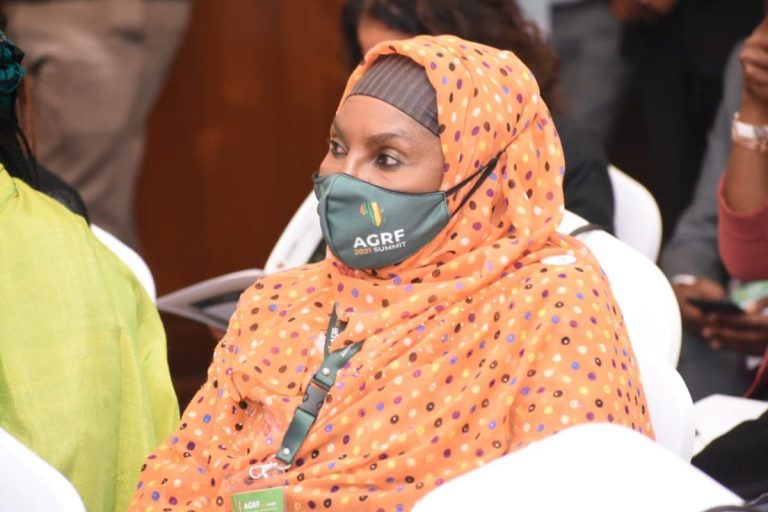Stakeholders in the agricultural value chain meet in Abuja on Wednesday to chart ways forward for the new federal government policy on agricultural extension services and develop strategies for improving extension service delivery in Nigeria.
The Executive Director of Women Farmers Advancement Network (WOFAN), Mrs. Salamatu Garba, said at the one-day summit that the stakeholders were taking up the policy so that everyone would understand it and ensure its successful implementation at all levels.
According to her, the new policy comes with rights for farmers and many opportunities for them.
Garba said WOFAN would contribute to the implementation of the policy by joining hands with other relevant bodies to translate it into three or four local languages for a clearer understanding of how it would help in enhancing food security in Nigeria.
She said that the policy was in line with what the Mastercard Foundation was doing in its ‘Young Africa Works’ (YAW) strategy.
The strategy, she said, was aimed at enabling 30 million young people in Africa, especially young women, to secure employment they considered dignified and fulfilling.
As part of the YAW strategy, Garba said that the foundation would deepen its engagement in uplifting the living conditions of ultra-poor people, including the physically challenged.
She further stated that the strategy would include working with all stakeholders, including research institutions, policymakers, financial institutions and farmer organizations, to build their capacities with vocational training and enhance their access to simple agricultural equipment.
The Business Manager of WOFAN, Mr. Taiwo Olawale, explained that the Mastercard Foundation and WOFAN were working to improve the lives of 627,000 people through a five-year project entitled ‘WOFAN-ICON2’.
Olawale said that the foundation’s vision of uplifting the status of the people and giving them a sustainable capacity that would make them live a fulfilled life on their own aligned with WOFAN’s business model.
“At present, there is an estimated one extension worker to about 10,000 farmers in Nigeria, but with the WOFAN ICON2 project, it is one extension worker to 15 groups, and each group is made up of 30 people.
The Chairman, WOFAN Technical Advisory Board on Policy Change and Advisory Services, Sani Miko, said that funding was critical in the area of extension services.
Miko, who noted that youths and women must be considered in the area of extension services, said that the private sector was needed to tackle the opportunity and compliment the government’s efforts.
”We need to key in the private sector to tackle that opportunity and the resources to complement the government effort,” he said.
The Executive Director, National Extension and Research Liaison Services (NAERLS), Emmanuel Ikani also said that the policy was a guideline of action to bring about positive change.
According to him, the policy is looking at harmonizing extension service delivery with a focus and not just anybody doing it anyhow.
“So there will be a unit that will be coordinating and regulating the strategies in our country,” he said.
Mike, who noted that the extension worker to farmer ratio in Nigeria was very low, called for the use of ICT to reach out to farmers on time by using electronic media and mobile services.


